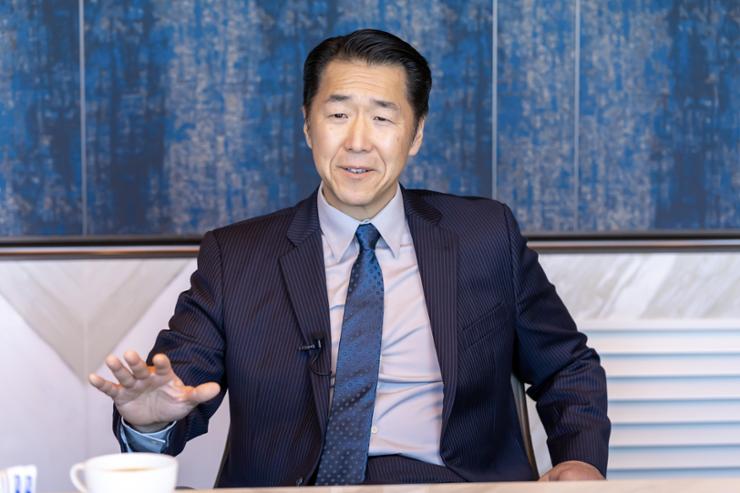The Korea Times published some of Dr. Hyun Jin Preston Moon’s comments on the current political situation in South Korea following the declaration of martial law and the subsequent impeachment of the current South Korean president. What follows are some key highlights from the article, which can be read in full here.
—
“South Korean people really need a wake-up call,” he said.
Moon claimed that South Korea is unprepared for the figurative coming winter due to the deep political polarization within the country.
“Those civilized well-functioning modern democratic republics are based on the Constitution run by ethical and moral people making objective decisions that benefit the country, not by hyper-partisan interest groups,” he said.
“A key weakness of the system of democracy was the tyranny of the majority. This is one of the reasons why the U.S. system has the Senate, an upper body, and the electoral college for the national elections. So, it is not pure democracy, very much like the Roman Republic where there are several stages of electoral processes. There, you have so-called people who are more well-educated that make big decisions for the sake of the nation.”
He added that recent developments in South Korea’s politics are highly concerning for this reason.
“It really disturbs me,” he said.
“There are questions whether the rule of law stands here and whether there is a judicial process. The are foundations of any democratic state, especially for a constitutional democracy. Not only Korean people are now questioning it, but also our allies around the world are, especially the U.S. Where is the future of South Korea?”
Moon urged that the unification of South and North Korea, along with his organization’s Korean Dream Movement, could provide a solution to the country’s current crisis.
“Unification is such a significant opportunity. It is a jackpot,” Moon said.
“It will bring all the necessary components to allow the South Korean economy to continue to grow. All Korean people, especially the young, will have opportunities for prosperity that their parents had never had.”
He also presented his economic projections, outlining the potential benefits if the two Koreas were to unify.
“Imagine you have an additional 25 million people added to the Korean economy, not including the diaspora,” he said.
“If unification happens, most of the diaspora around the world will come back to Korea as well. The population will be 80 million, 90 million. We are going to have a boost in terms of not only the domestic consumption market but also a tremendous amount of talent and capital.”
South Korea is now classified as a super-aged society, grappling with a record-low birthrate of just 0.72 last year.
Moon added that a unified Korea would attract a significant influx of foreign investment aimed at rebuilding its northern territory.
“A vast majority of funding for rebuilding North Korea will actually come from private sources. There is $30 trillion worth of capital looking for investment around the world. Most of our allies will support financially the unification of the two Koreas because the North poses a great security threat across the world.”
According to the Global Peace Foundation, the Korean Dream Movement is rooted in the revival of the spirit of “Hongik Ingan” — a principle that means “to broadly benefit humanity.” This was the founding ideal of the first Korean kingdom, Gojoseon. In the vision of a reunified Korea, it represents the creation of a powerful and prosperous nation with a positive influence on the global stage.

